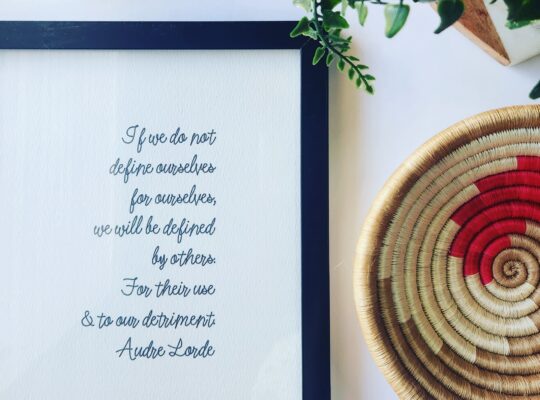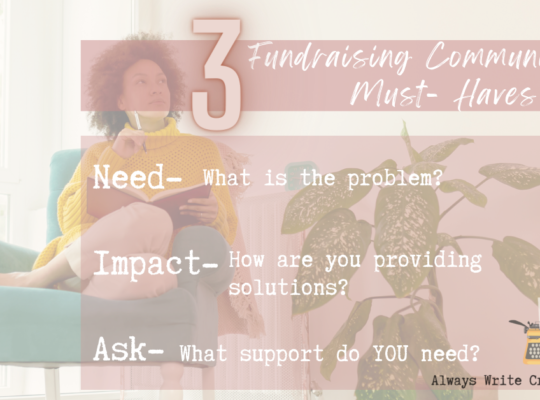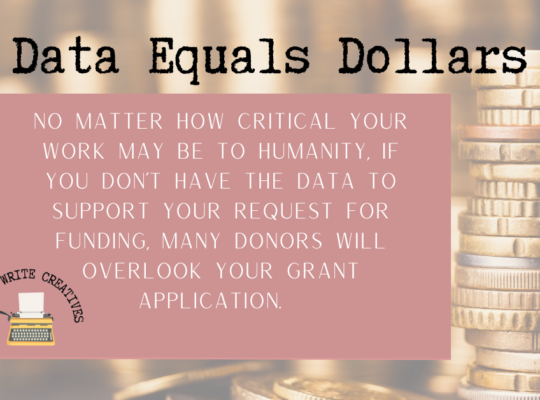The very abbreviated Juneteenth history is that the Emancipation Proclamation was issued January 1, 1863, freeing enslaved people in the United States. The proclamation was only upheld in territories and states where Union soldiers were present to enforce it. News – and enforcement – of the proclamation didn’t reach Texas until June 19, 1865. Yes, a full 2 YEARS later. Juneteenth – a combination of the month and day it happened – celebrates that day when all enslaved people were officially freed country wide.
BY Brandee A. Thomas
I have a confession. Juneteenth makes me cringe.
But not for the reasons you may think.
It is NOT the holiday itself.
It is the way entities mark the occasion that has my nose scrunched in a “I smell something funky” position. I can’t help it. Poorly thought-out communications and product launches get under my skin.
(Here’s looking at you Walmart and your questionable “It’s the Freedom For Me” Juneteenth napkins debacle of 2022. Honorable mention goes to the ill-timed watermelon scented candle that Bath and Body Works chose to highlight during Black History Month.)

The reason those products and similar campaigns are cringey is because they are steeped in performative communications strategies and lack authenticity.
Instead of communicating “we see you” to the target audience, these campaigns say just the opposite.
When they were being tested and rolled out, was there anyone in the room even remotely knowledgeable about cultural influences that should’ve informed the campaigns?
If not, did anyone take the time to learn about the topic before giving the launch a green light?
In a world where everyone is busy, communicators must find the time to take an extra beat to consider the story they’re trying to tell from multiple perspectives. We MUST take the time to research subjects when we are stepping into unfamiliar territory.
That’s the only way to build authenticity in campaigns, products and marketing collateral. If you want the target audience to respond favorably and your work to resonate, your presentation must be steeped in authenticity.
Specifically related to Juneteenth, the Smithsonian’s National Museum of African American History & Culture has put together a great online resource, including videos. Maybe take a deep dive before sharing products and materials related to this holiday?
This call to action applies to nonprofits, government entities and businesses alike. And it doesn’t just apply to Juneteenth. The same can be said for PRIDE, religious holidays and honestly, communications in general.
3 tips to help build authentic communications campaigns:
- Research. Research. Research.
- Maintain a consistent perspective between campaigns and other brand content.
- Hire a team – and promote leadership – that reflects the communities you are trying to reach/serve.
Still not sure why authentic communications are so important?
Consider this scenario: You own a meal prep business and have decided to come out with a line of Kosher meals. You’ve never prepared a Kosher meal before but have a loose idea of what it means, and everyone always says what a skilled chef you are. Without doing any research, you prepare your menu for the Kosher meals and then place your food order with your usual supplier. Using your regular pots and cutlery, you get to work on your Kosher consisting of roast beef, broccoli in cheddar cheese sauce and creamy risotto. Sounds delicious, right?
Too bad your target audience will hate it.
Had you completed any research to increase your knowledge on the subject, you would know that your new product launch is riddled with red flags from beginning to end. Not only have you served dairy and meat in the same meal, but you also prepared the food using the same equipment and tools that your non-Kosher meals were prepared with, and you didn’t go to a Kosher butcher for your meat.
You positioned yourself as a professional Kosher chef, but your target audience saw right through your shallow declaration. You have not only alienated your target audience, but you’ve also dinged your reputation.
Make sense now?
Authentic communications matter.
Research matters.
Representation matters.




